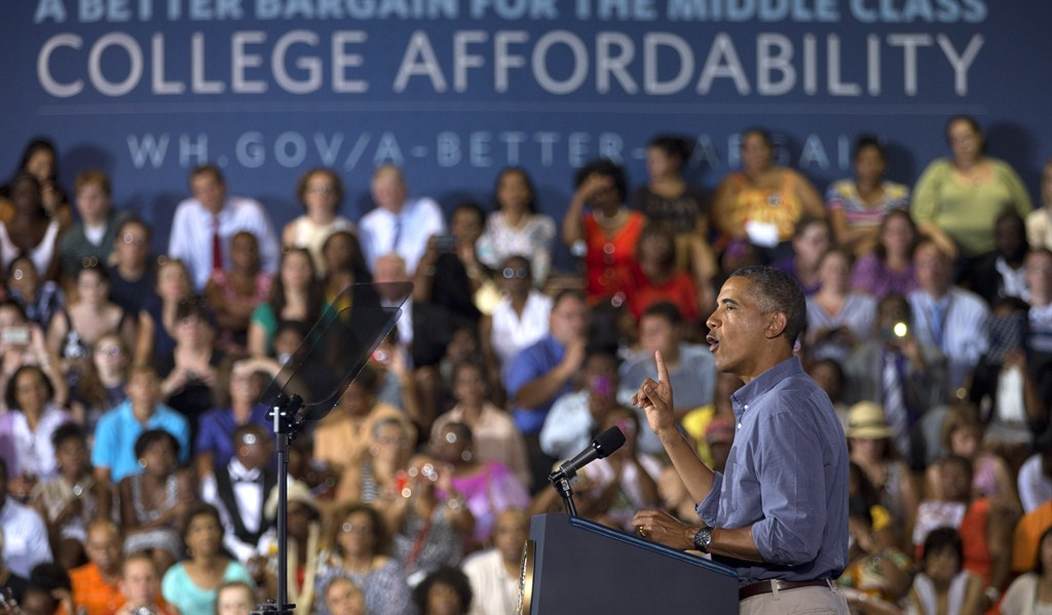The cost of higher education has been much on my mind lately, in part because my oldest granddaughter is one of the estimated 22 million students headed to college in the fall. When I was her age, I was able to pay my own freshman tuition from a part-time minimum-wage job in a department store in Denver while I lived at home. But Phoebe won't be as lucky. Chances are she will end up saddled with debt, even though she may receive some merit-based aid and will likely work to pay her tuition.
The cost of tuition has risen dramatically in the past 50 years. I paid about $250 per semester for tuition when I started school in 1966 as an in-state student at the University of Colorado. If I were registering today, my tuition would be roughly $5,300 a semester for a full-time class load. Even after adjusting for inflation, this represents a three-fold increase in tuition costs, at a time when a college degree is a prerequisite to middle-class status.
You would think, given this reality and the Obama administration's fixation on eliminating income inequality, that administration officials would be looking at ways to reduce higher education costs. But no -- at least not when it comes to allowing the for-profit sector to play a role.
College bureaucracies -- like education in general -- are bloated. But efforts to streamline or outsource functions have met with resistance in the administration. One of the latest stumbling blocks the administration is trying to put in place involves new rules for how schools dispense student aid.
In the past, most students received the remainder of their financial aid package, after tuition and fees were deducted, in the form of paper checks. But the issuing of such checks requires a bursar's office and extra administrative staff to oversee. What's more, the whole process is ripe for fraud.
Recommended
Just as the Social Security Administration has moved away from mailing checks to recipients, so, too, have many colleges moved to dispensing aid into student bank accounts and issuing debit cards so they can access their funds. But the bureaucrats in charge of federal student aid now want to penalize schools and card issuers for making a profit on the service.
Schools who use the services of for-profit debit card companies save millions of dollars by not having to issue checks. These savings help hold down rising costs in higher education. But the Obama administration and its liberal allies in Congress are skeptical of the free market and worry that companies will actually make money by charging fees to students who use their services. Frankly, this skepticism grows out of ignorance of how a market economy works.
Companies are in business to make profits. It's what motivates them to invest resources and provide services. Unsurprisingly, companies that issue cards so students can access their financial aid charge modest fees for using the cards, just as most banks do for their own customers. But now the Department of Education wants to issue new rules that would make it more difficult and less profitable for companies to do business in this area. DoE will hold meetings for a newly established rule-making committee starting in mid-February on the use of debit cards.
No one wants to see students gouged by excess fees to access money they are entitled to. But neither is it in students' interests to see colleges have to disburse money in less secure, inefficient methods like paper checks in order to satisfy government bureaucrats who think profit is a dirty word. The important thing is to keep costs of higher education from rising and pricing deserving students out of the market. If a for-profit company can figure out a better way to disburse financial assistance and schools save money in the process, everyone is better off.
The Department of Education should spend its time trying to figure out ways to make higher education more affordable, not putting up roadblocks to reducing costs.

























Join the conversation as a VIP Member